When it comes to conservation efforts, the role of children cannot be understated. They are, after all, the future generation who will be expected to take care of the earth. That is why it is always important to get children interested in environmental conservation, including recycling. For most parents, the challenge is always on how to get children interested in recycling. Some of the tips that work are as follows.
Start Early
Do not wait until the children have become teenagers for you to start introducing them to recycling. As soon as they are actually old enough to understand, you should get them involved in recycling. It does not have to be complicated. Something as simple as telling them their juice bottles go into the recycling bin is good enough to get them started. You can then use positive reinforcement whenever they get the recycling right.
Get Involved
Children are creatures of habit. They also tend to imitate what the grown-ups around them are doing. If you want your child to be involved in recycling, you should lead by example. They should see you getting actively involved in recycling, and it will not take long before they pick it up and start doing it too. Do not expect children to actively take up recycling if you are not leading by example.
Make it Fun
One of the reasons why parents fail in their attempt to introduce children to recycling is because they make things too serious. You can introduce more games, including a competition. Reward the child who has recycled the most, including some games such as having colour coded recycle bins, and other things that will make the children look forward to the recycling activities. You can even plan a trip with the children to a recycling plant so that they fully appreciate the benefits.

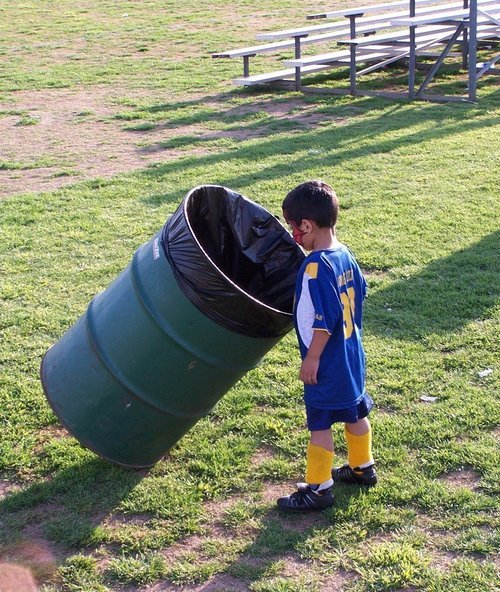
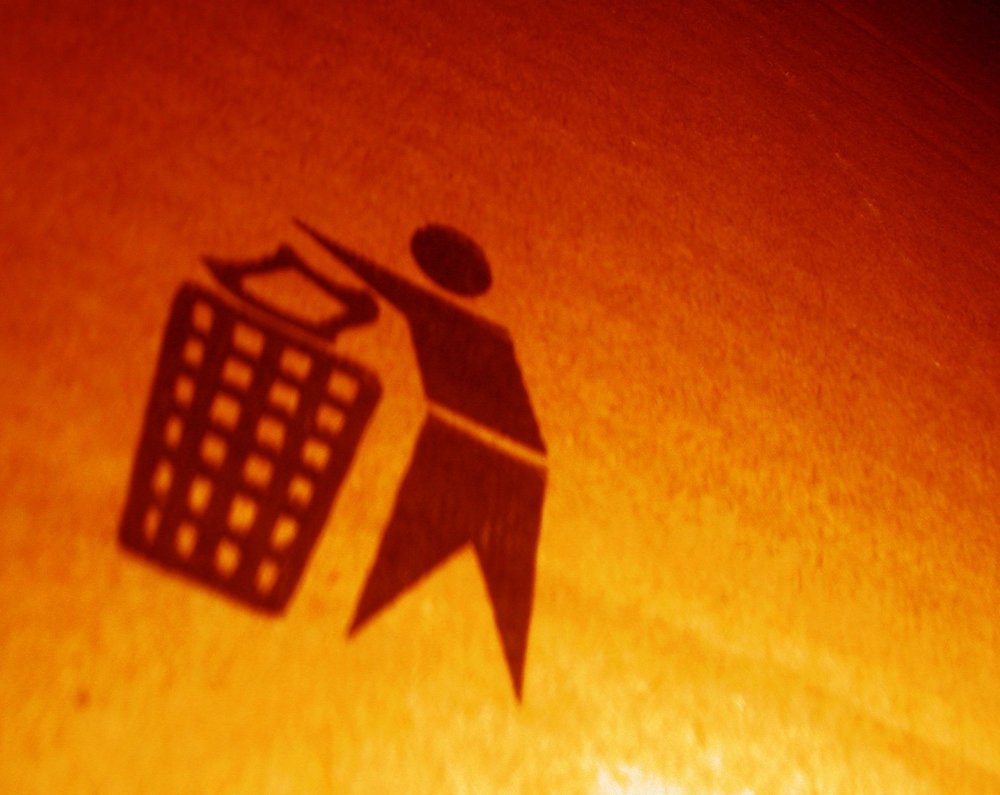
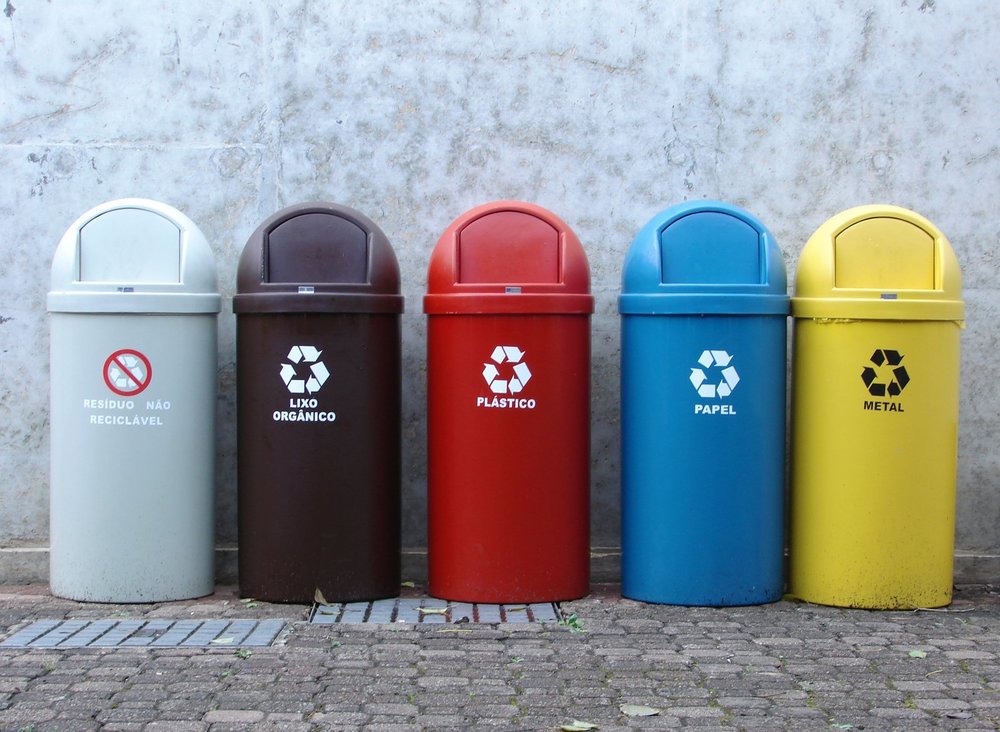
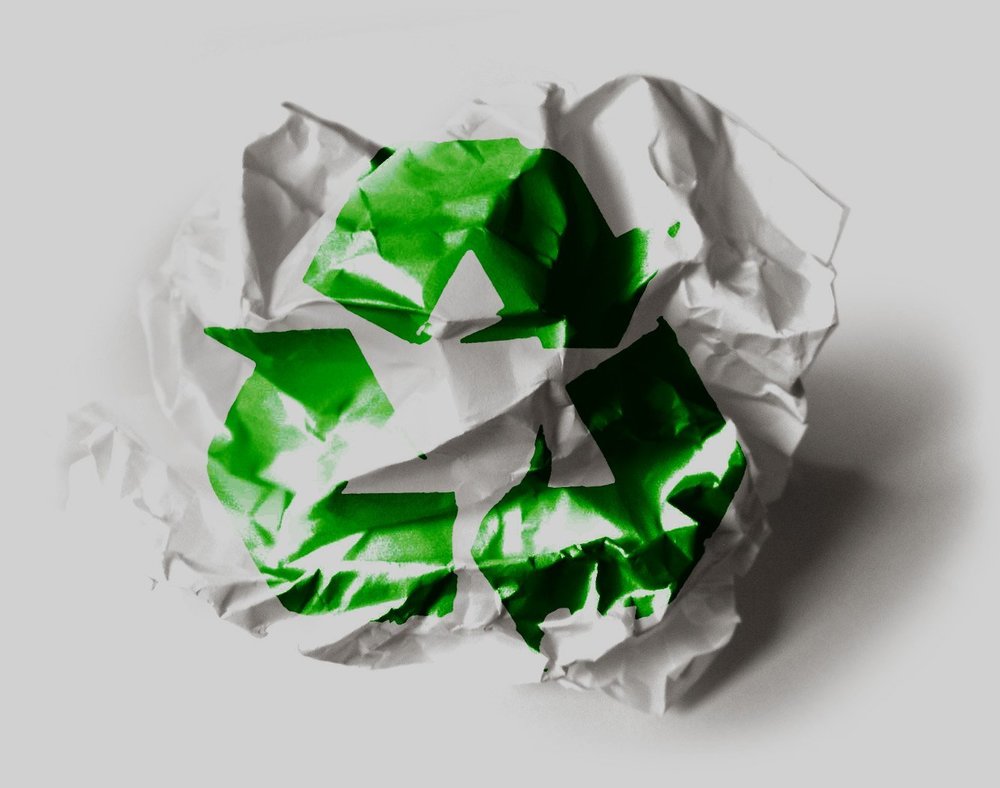
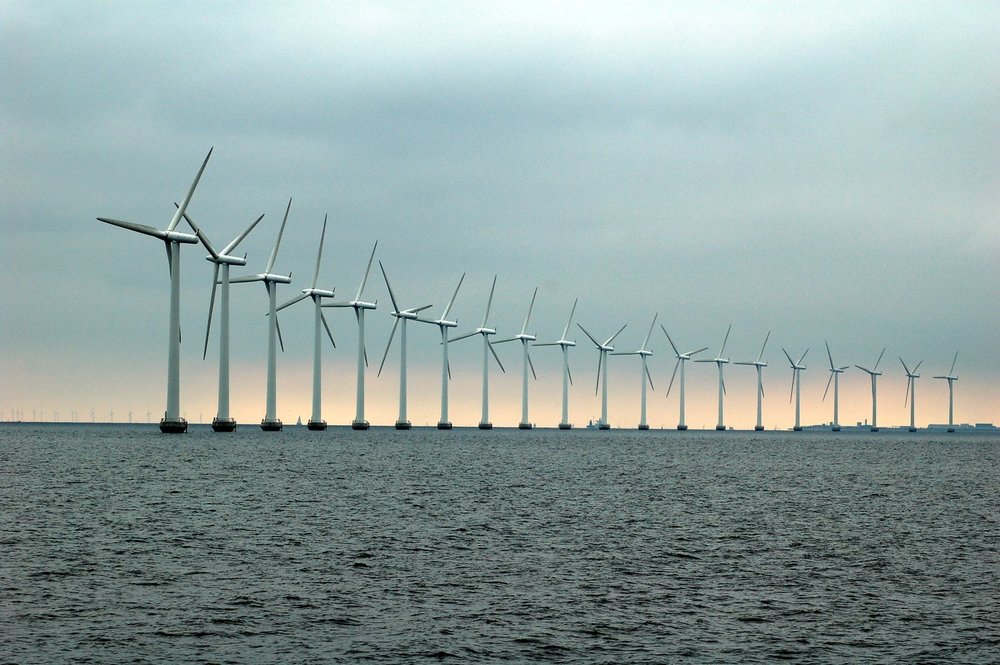


 o cut the reliance on raw material imports.
o cut the reliance on raw material imports.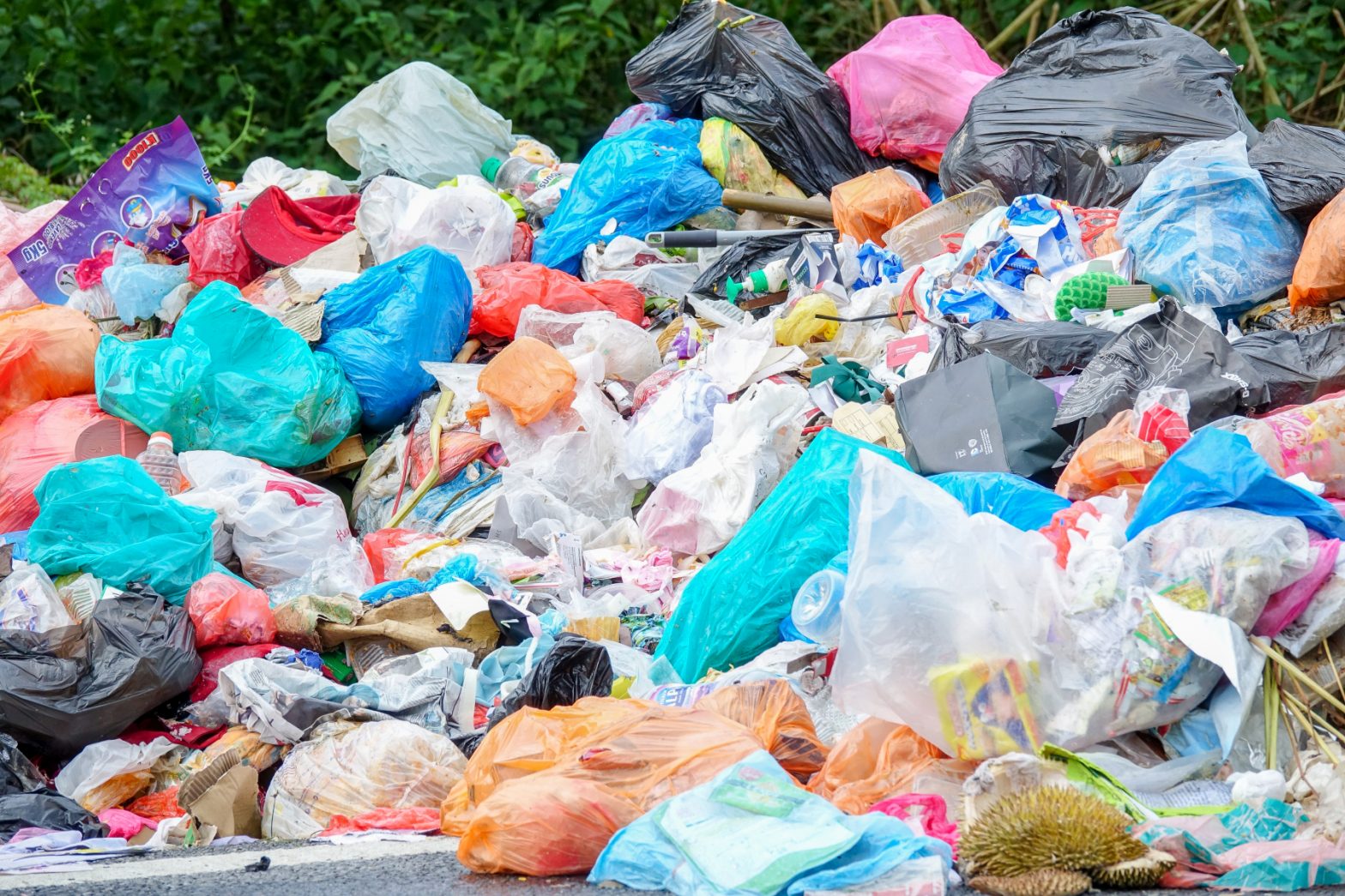
 varies depending on what is being recycled. But the idea is to use as little resources as possible to come up with entirely new products. It’s imperative to note that in today’s world, a lot of products are manufactured from recycled waste, and these include newspapers, steel products, plastic, and so on.
varies depending on what is being recycled. But the idea is to use as little resources as possible to come up with entirely new products. It’s imperative to note that in today’s world, a lot of products are manufactured from recycled waste, and these include newspapers, steel products, plastic, and so on.
 long way in reducing the amount of waste we send to landfills and incinerators.
long way in reducing the amount of waste we send to landfills and incinerators.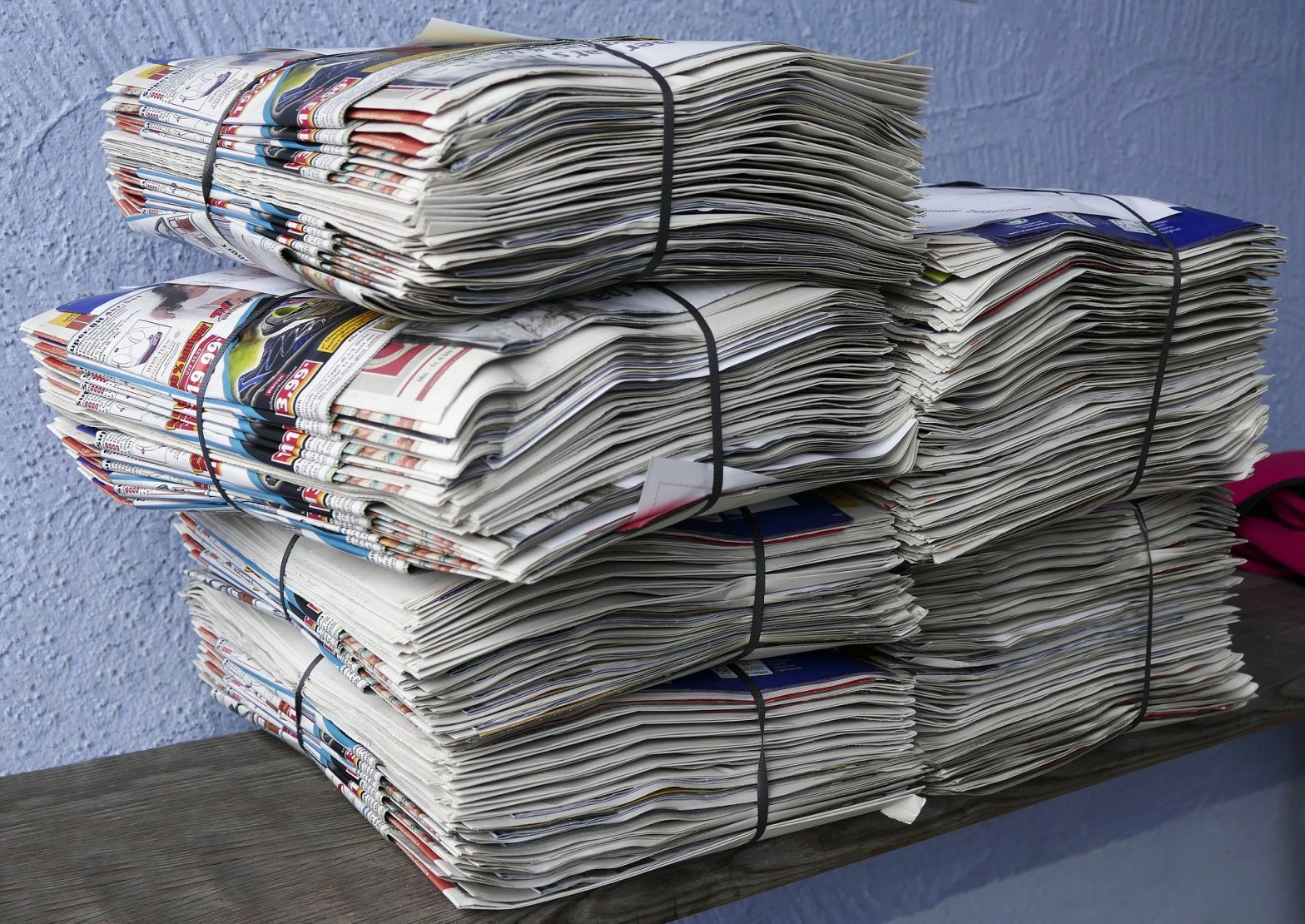

 e is diverting 72% of the trash that would have otherwise gone to the landfills and incinerators. The authorities say that if all the organic waste is recycled, the state will achieve a 90% recycling rate.
e is diverting 72% of the trash that would have otherwise gone to the landfills and incinerators. The authorities say that if all the organic waste is recycled, the state will achieve a 90% recycling rate.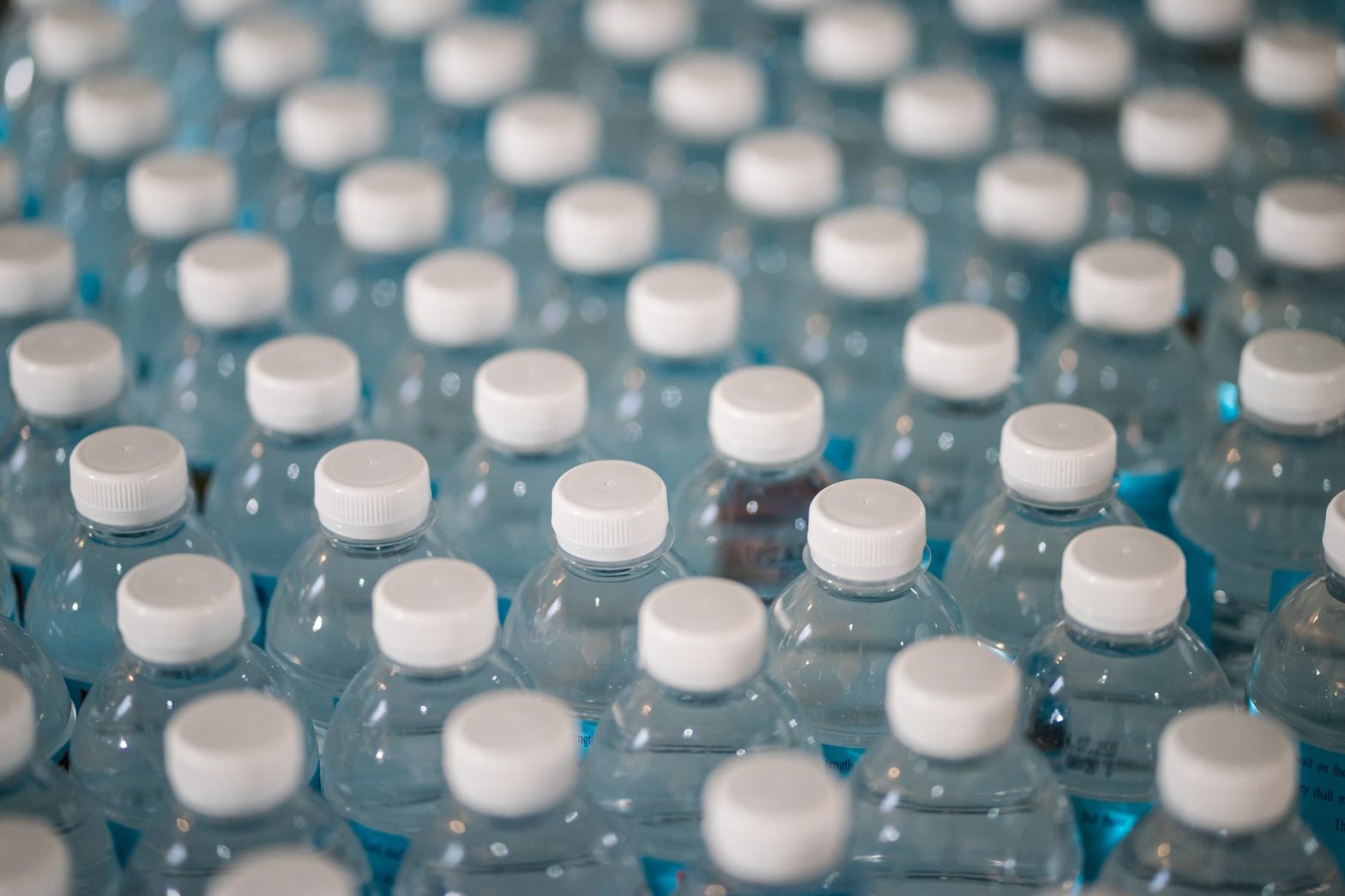
 polis website or at the host’s venues.
polis website or at the host’s venues.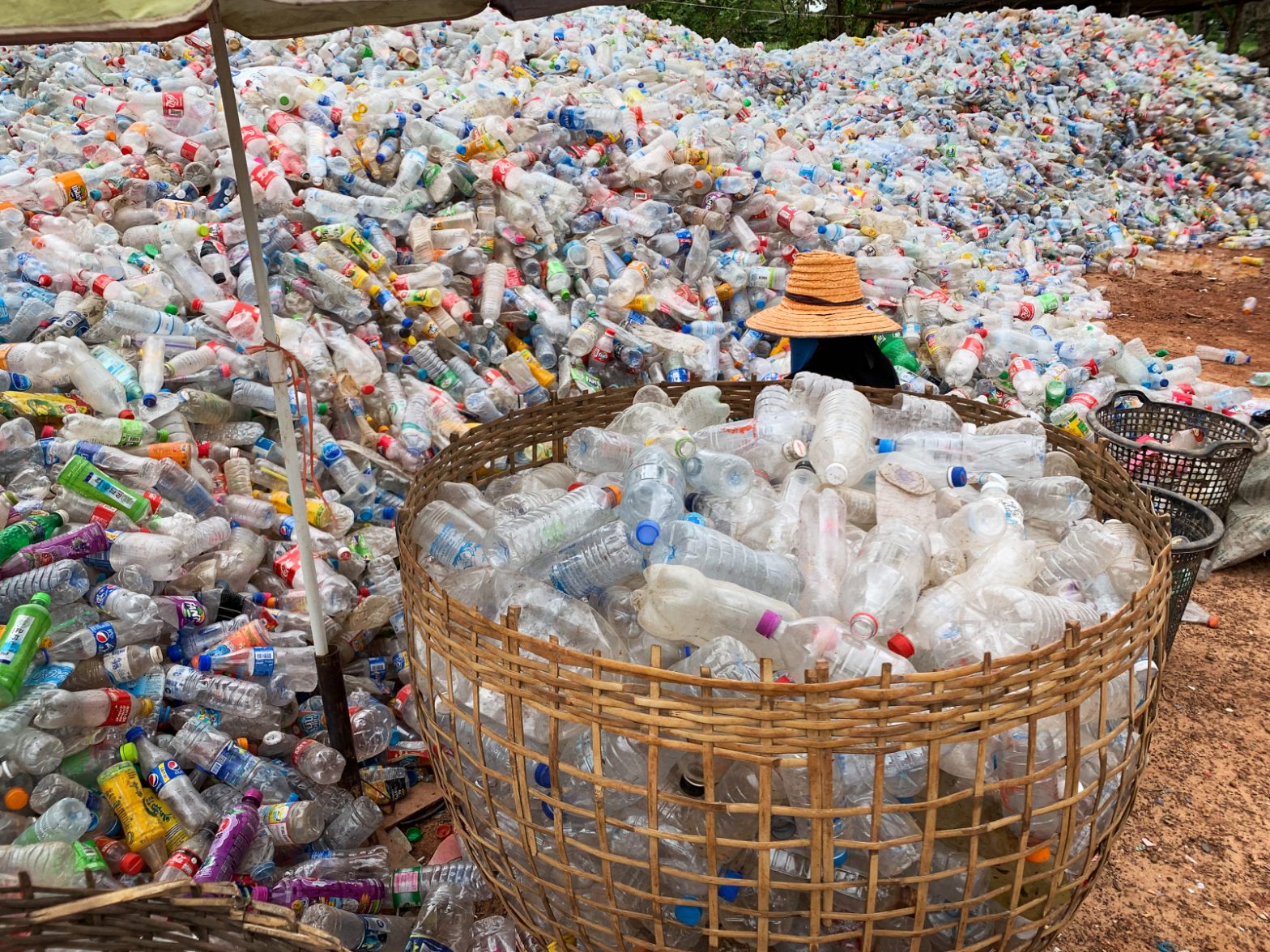
 e for over half a million metric tons of plastics that are dumped in landfills, sent to the incinerators or burned in some way.
e for over half a million metric tons of plastics that are dumped in landfills, sent to the incinerators or burned in some way.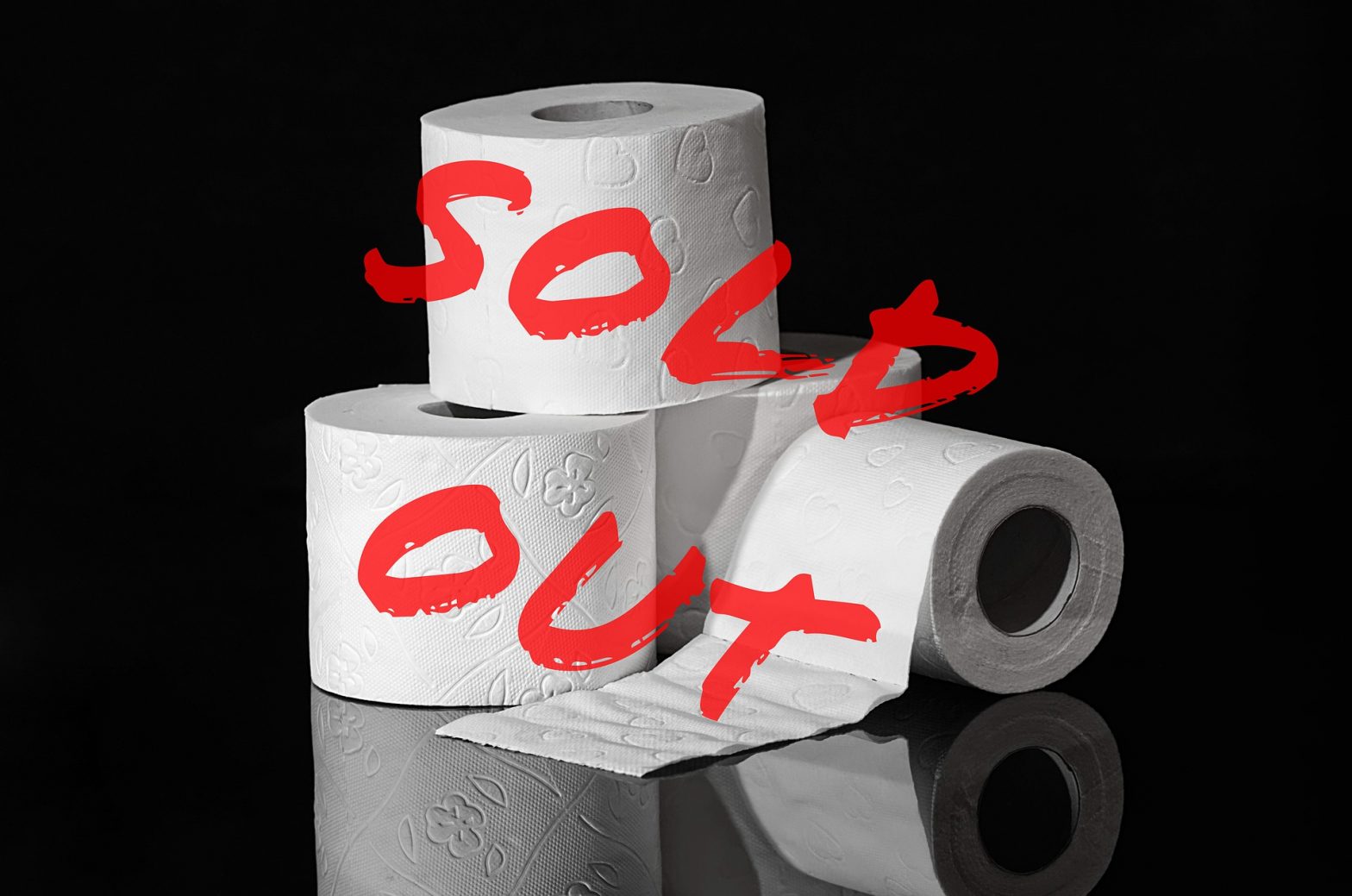
 burning.’ Recently, there have been more than 12 fire emergencies in Wigan alone that escalated from ‘backyard burning.’
burning.’ Recently, there have been more than 12 fire emergencies in Wigan alone that escalated from ‘backyard burning.’